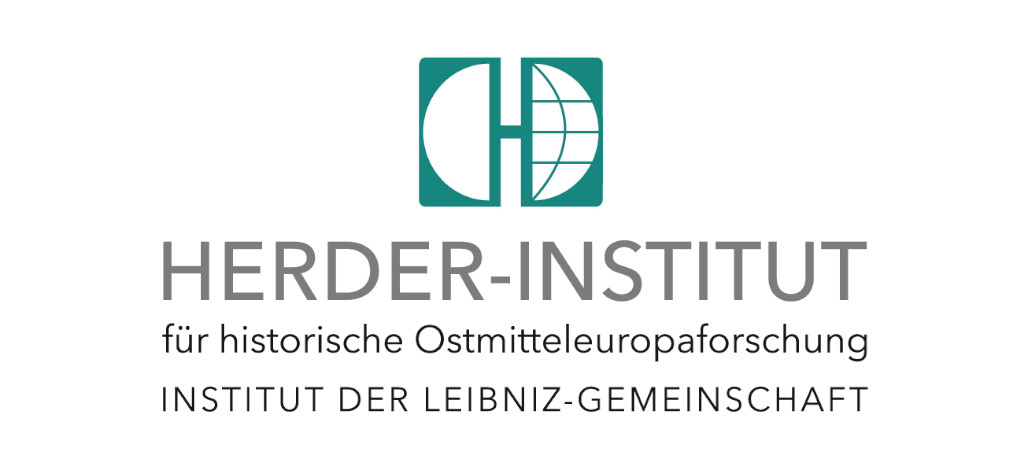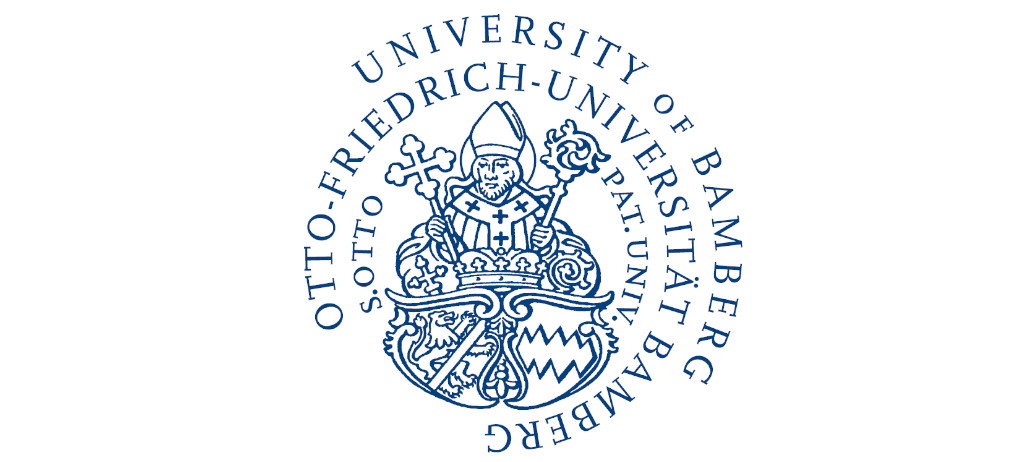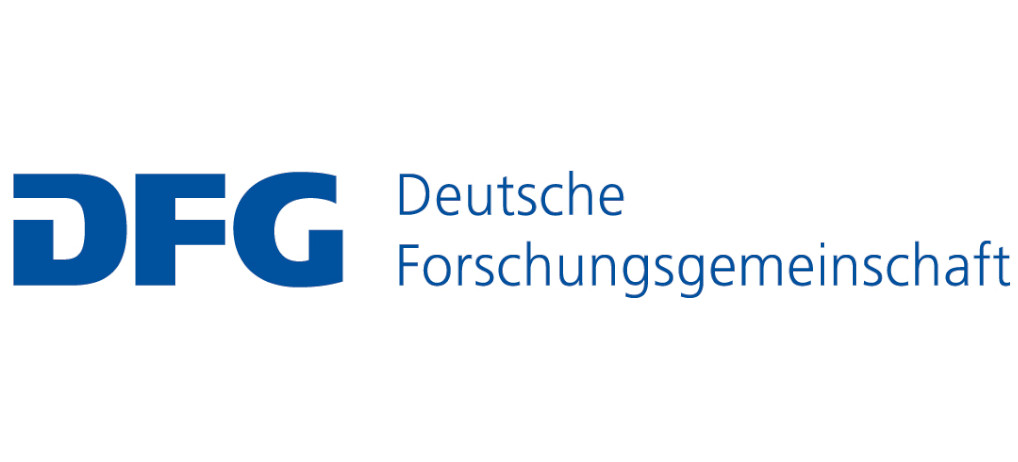Main Content
Subproject C06
Foreign trade securitisation - Companies, the state and Hermes Kreditversicherungs-AG (1949-1984)
1. Funding period (2014-2017)
This sub-project deals with the interface between corporate knowledge and risk management and state foreign trade and security interests. By concentrating on questions of the generation of knowledge and information, the resulting assessments and interpretations of international political and economic constellations by the actors involved and the resulting measures to establish security, the sub-project aims to link the levels of perception and action. In this respect, the Hermes system is understood as an expression of complex and in part divergent security perceptions and interests (companies, associations, state). These will be analyzed for the period after the Second World War (1949-1984); macro- and microeconomic issues will be linked in this context, with a particular focus on the company-historical perspective.
Since the 19th century, the success of the German economy has been largely based on exports. After the Second World War, the traditionally strongly export-oriented West German economy endeavoured to reconnect with global economic and trade relations as soon as possible in the course of internationalization and liberalization efforts. However, the political climate, the Cold War and decolonization efforts in many parts of the world as well as economic restrictions in the form of tariff and non-tariff trade barriers meant a high potential for uncertainty for the West German economy. International business relations entailed different regional country risks, which included both political and economic risks. From the point of view of the actors involved, particularly the West German export companies, it was important to know, assess and evaluate these risks in order to be able to derive appropriate strategies for action on this basis. Appropriate entrepreneurial knowledge and risk management included activities in the field of information procurement and evaluation, as well as risk assessment and minimization through measures to shape prices, interest rates, delivery and payment terms and bank guarantees.
In addition to private-sector hedging via banks and insurance companies, there was also the possibility of securing export transactions through state guarantees and sureties, which play a central role in this sub-project. In this context, Hermes Kreditversicherungs-AG was an important instrument of export protection and the creation of foreign trade security on behalf of the state and at the same time part of German foreign policy security strategies. Hermes guarantees are federal guarantees for transactions between German exporters and privately operated foreign companies; Hermes guarantees cover transactions with states, authorities or public corporations. They primarily relate to manufacturing, export, financial and exchange rate risks. In this respect, the state's interest in security corresponds to entrepreneurial interests in long-term and permanent market security and the protection of economic areas. Against the backdrop of uncertain framework conditions, the creation of security through trade and economic engagement should in turn be (state) secured or insured.
Inhalt ausklappen Inhalt einklappen Members
Subproject Head
Prof. Dr. Christian Kleinschmidt
Research Assistant
Simone Breimhorst



